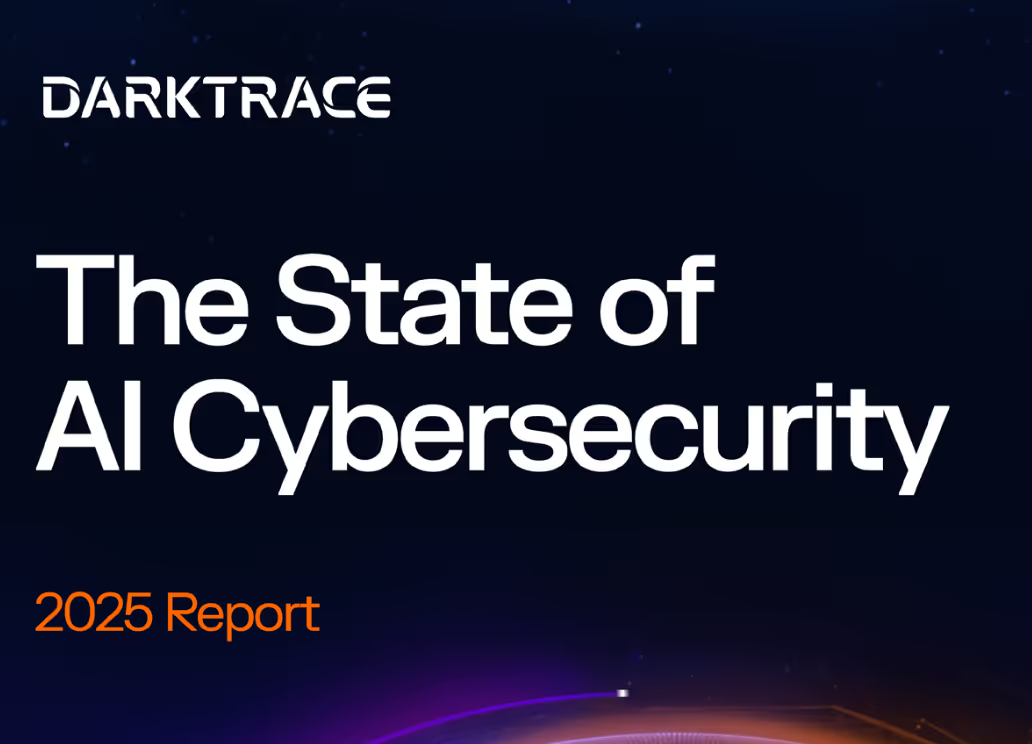What is cloud email?
What is cloud email?
Cloud email is email that is hosted on a remote server. These servers are accessible via the internet and hosted by third-party service providers.
How does cloud email work?
Organizations that use cloud email enable access to user email accounts via the internet. Here, users can access their email account by connecting to the cloud-based server to conduct business-related activity.
What are the benefits of using cloud email?
Cloud email offers several advantages, including:
Scalability
As organizations grow in size and add new users, they can easily scale their email infrastructure to accommodate their growing needs. Cloud email offers you the capacity to only pay for what you need at the time, with the option to add additional infrastructure as you grow.
Accessibility
Users can access their email accounts from anywhere they have an internet connection.
Cost savings
Cloud email eliminates the need for organizations to invest in and maintain their email servers and infrastructure, which can be costly given the size of an organization.
Reliability
Cloud providers ensure high availability and redundancy, reducing the risk of email downtime.
What are some common security challenges in cloud email?
Security is a crucial aspect of cloud email. Some common challenges include:
Unauthorized access
Email accounts are susceptible to account takeover and other forms of email attacks that attempt to solicit sensitive information. Unauthorized access in the form of account takeover can pose serious security risks that might result in data loss and other security concerns.
Phishing attacks
With any form of email, users risk the chance of falling victim to email-based scams or phishing attempts. Phishing attempts use fraudulent email addresses or social engineering tactics in an attempt to solicit sensitive information. Adopting advanced email security solutions and conducting consistent security awareness training are some ways to stop successful phishing attacks on cloud-based email accounts.
Learn how modern threat actors use AI to turbo-charge their phishing attacks in the white paper "How AI is Changing the Phishing Landscape."
Malware and virus protection
Email accounts are susceptible to receiving emails that contain malicious content. Some cyber criminals will mask their identity and use malicious links in emails to get a user to download malware. Ensuring email attachments and links are scanned for malware and viruses will help protect users' cloud-based email accounts.
How do cloud email providers address security concerns?
Cloud email providers implement various security measures, such as:
Encryption
Emails can be encrypted in order to protect the confidentiality of the data. Email encryption encodes the email to ensure that it cannot be intercepted by an unauthorized individual.
Multi-factor authentication (MFA)
MFA is a zero trust security measure that requires users to authenticate their identity before gaining authorization to access data. MFA forces an extra verification step, making it more difficult for an attacker to log into accounts and access sensitive information even if they possess a stolen password.
Spam filtering
Spam filters are advanced algorithms that can identify and block spam emails. Many email security providers have spam filtering capabilities such as secure email gateways.
What are the best ways to protect against data breaches in cloud email?
Protecting cloud email requires a combination of technical controls and proactive practices:
Monitor and restrict account activity
Track login patterns and set rules that limit access from unknown locations, unapproved devices, or at unusual times of day. Monitoring account behavior helps detect anomalies early. Restrictions prevent compromised credentials from being used freely across the system.
Introduce policies and automation
Define security rules for handling email and data, then enforce them using automation within the platform. Examples include automatically encrypting emails with financial or personal data, blocking unauthorized forwarding, applying retention schedules, and generating alerts when suspicious attachments appear. Automation ensures these safeguards run consistently without depending on manual checks.
Implement DMARC, DKIM, and SPF email authentication
Combat email spoofing and phishing attacks by deploying key protocols like Domain-Based Message Authentication, Reporting, and Conformance (DMARC); DomainKeys Identified Mail (DKIM); and Sender Policy Framework (SPF) email authentication.
SPF authorizes specific mail servers to send emails to your domain, while DKIM adds a verifiable digital signature to all your outgoing messages. DMARC then leverages SPF and DKIM to enforce policies on how receiving servers should handle unauthenticated emails, helping prevent threat actors from impersonating your domain.
Combine existing tools with real-time threat detection technology
Integrate these foundational measures with real-time threat detection technology. By combining visibility, access control, and automated defenses with detection tools, organizations can identify sophisticated attacks early and reduce the likelihood and impact of data breaches.
What is the impact of a cloud email attack on organizations?
A cloud email attack can have severe consequences, such as:
Unauthorized access
If an attacker gains access to the cloud environment, organizations run the risk of compromising confidential business data and personal information of employees or customers.
Financial loss
If an attacker gains access to account information, an organization can experience fraudulent activity on their behalf. Also, if an attacker is able to deploy malware onto a system, the ransom demands on the data can be extremely costly.
Reputational damage
Compromised data is not only a security concern — it causes considerable reputational damage for an organization. It is possible to lose credibility as a business because of a successful cyber-attack.
Disruption of business operations
If an email account or server is compromised, it will likely result in a halt of business operations, resulting in a loss of revenue.
How can organizations enhance the security of their cloud email?
Organizations can take several measures to improve cloud email security, such as:
Employee training and awareness programs
Security awareness training is a measure organizations can use to educate employees and users about email security best practices. This includes setting safe passwords, identifying spoofed senders and phishing emails, and other malicious attempts attackers take to infiltrate systems and data.
Regularly updating and patching
Security teams can monitor critical assets and identify potential weaknesses in their email client software to protect against known vulnerabilities and attacks before they happen.
Engaging with a trusted cloud email provider
Darktrace/Email and Darktrace/Cloud are trusted providers in cloud and email-based security that offer robust security features and adhere to industry best practices.
Security solutions for Cloud and Email
Darktrace/Cloud is powered by Self-Learning AI, which learns an organization’s normal business operations so it can recognize subtle deviations that indicate a cyber-attack. In this way, Darktrace offers highly bespoke security solutions that can be deployed anywhere a company has data, including standard cloud deployments, as well as serverless and microservices.
Darktrace/Cloud has the capacity to integrate with Darktrace/Email, bringing an end-to-end security solution that works on real-time data from both cloud and email environments. By understanding user behavior in the cloud and email, Darktrace’s Self-Learning AI can detect and respond to threats that deviate from normal activity, stopping account takeover, human error, phishing attacks, and more.

























